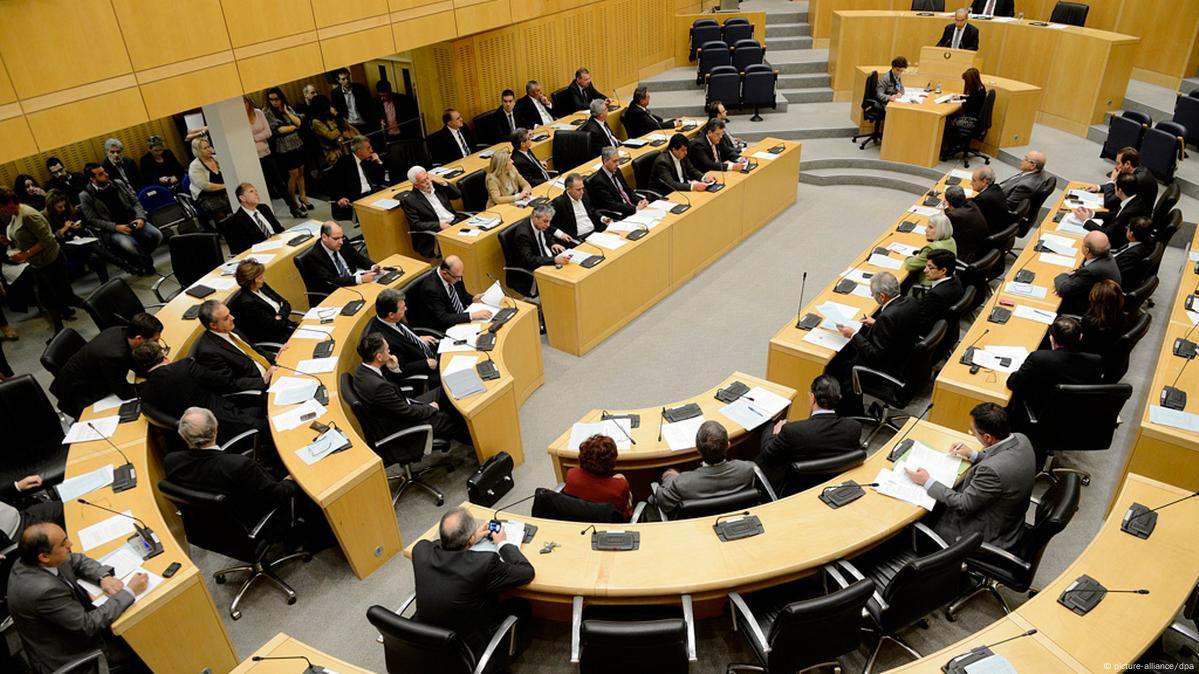A unique event has taken place in Cyprus. The local authorities decided to return the passport that had previously been revoked under the "citizenship for investment" programme.
A meeting of the Cabinet of Ministers was held on 4 September, at which MPs voted unanimously not to revoke the Cypriot citizenship of a foreign investor.
The lucky one was Serbian billionaire Miroslav Miskovic, who, along with his wife and children, was granted a passport in 2011 for property investments. Mišković is the owner of the investment company Delta Holding, which specialises in various services, trade, real estate, car sales and agricultural production. In 2019, he was charged with tax evasion in Serbia.
The court sentenced the businessman to 5 years in prison. The charges against Mišković also included embezzlement of funds during the privatisation of road construction companies and embezzlement of property worth 2.87 billion dinars (about 30 million euros at the time). The Serbian billionaire appealed. But while it was being considered, the "golden passport" trial began in Cyprus. Miskovic was also on the list of suspicious persons drawn up by the Independent Commission of Inquiry headed by Myronos Nicolatos.
In particular, Nikolatos recommended that a foreign investor be stripped of his citizenship because he had been indicted by a Serbian court. When Misković was acquitted in 2022, he provided the relevant d

It should be recalled that thousands of foreigners were granted EU citizenship under the Cyprus Investment Scheme.
The programme was originally designed to help the island's economy recover from a protracted crisis. Passports were issued in exchange for investments of up to €2.5 million in Cypriot property. The scheme was particularly popular with Russian and Chinese citizens. In 2020, however, the Cypriot government scrapped the scheme in the wake of the scandalous Al Jazeera video. An investigation by the Qatari publication found that Cypriot passports were being obtained by criminals and those caught up in international sanctions.
Under pressure from the EU, the island nation's government conducted its own investigation in 2021, which found that of the 6,779 passports issued between 2007 and 2020, more than half went to people who did not meet the programme's requirements. In addition, citizenship was granted to managers of foreign and Cypriot companies who were not investors and business owners.
It is worth noting that:
- Investors who are deprived of their citizenship of the Republic of Cyprus will not be refunded the registration fees they paid when applying.
- They will not be reimbursed for the financial costs of preparing the application package and the fees of lawyers and consultants.
- The properties they have acquired as a condition of citizenship will remain in their possession.
Foreign investors who are deprived of their Cypriot citizenship have the right to challenge the decision under Cypriot law.
